-

w/ Miaad Banki
If there is one place where one must not censor oneself, it is in art, isn’t it? If there is one place where there should be no social punishment, it is in art.
Ariana Harwicz
If there is one place where one must not censor oneself, it is in art, isn’t it? If there is one place where there should be no social punishment, it is in art.
-

by Noah Slaughter
The characters are diffuse, performing something of a vanishing act
Mother River – Can Xue
The characters are diffuse, performing something of a vanishing act
-
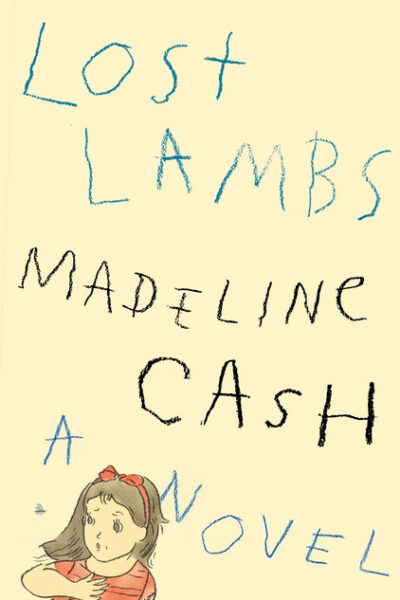
by Mia Foster
As our attention spans dwindle and our phones loom over our everyday experiences, we are increasingly demanding that novels capture our attention in the same way.
Printing Out the Internet: On Madeline Cash’s “Lost Lambs”
As our attention spans dwindle and our phones loom over our everyday experiences, we are increasingly demanding that novels capture our attention in the same way.
-
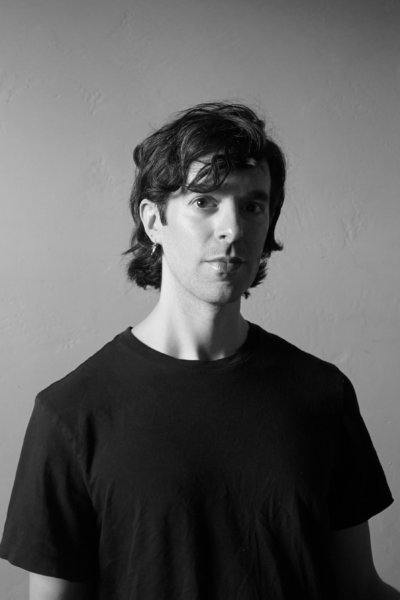
w/ Saba Keramati
I find my poetics even more interested in situatedness than knowledge, and that’s why place became so important in the book as an organizing principle. Or like an active interlocutor and a site of convergence.
Jake Rose
I find my poetics even more interested in situatedness than knowledge, and that’s why place became so important in the book as an organizing principle. Or like an active interlocutor and a site of convergence.
-

by Noah Slaughter
The characters are diffuse, performing something of a vanishing act
Mother River – Can Xue
The characters are diffuse, performing something of a vanishing act
-

by Daniel Lassell
The dance of these poems keeps a keen rhythm
Berceuse Parish – Burnside Soleil
The dance of these poems keeps a keen rhythm
-

by Caitlin Kossmann
So much time inside such a limited subjectivity also made me question my own. Was I right to read Hugues as pathological, even psychopathic?
The Harmattan Winds — Sylvain Trudel, Tr. from the French by Donald Winkler
So much time inside such a limited subjectivity also made me question my own. Was I right to read Hugues as pathological, even psychopathic?
-
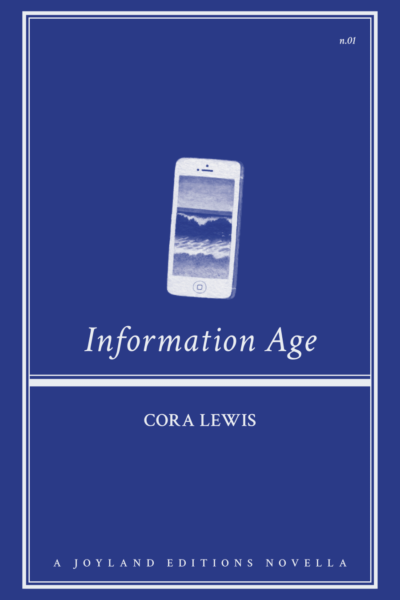
by Eleonor Botoman
In this era of autocorrect, Lewis’s characters speak in typos
Information Age – Cora Lewis
In this era of autocorrect, Lewis’s characters speak in typos
-

w/ Miaad Banki
If there is one place where one must not censor oneself, it is in art, isn’t it? If there is one place where there should be no social punishment, it is in art.
Ariana Harwicz
If there is one place where one must not censor oneself, it is in art, isn’t it? If there is one place where there should be no social punishment, it is in art.
-

w/ Saba Keramati
I find my poetics even more interested in situatedness than knowledge, and that’s why place became so important in the book as an organizing principle. Or like an active interlocutor and a site of convergence.
Jake Rose
I find my poetics even more interested in situatedness than knowledge, and that’s why place became so important in the book as an organizing principle. Or like an active interlocutor and a site of convergence.
-
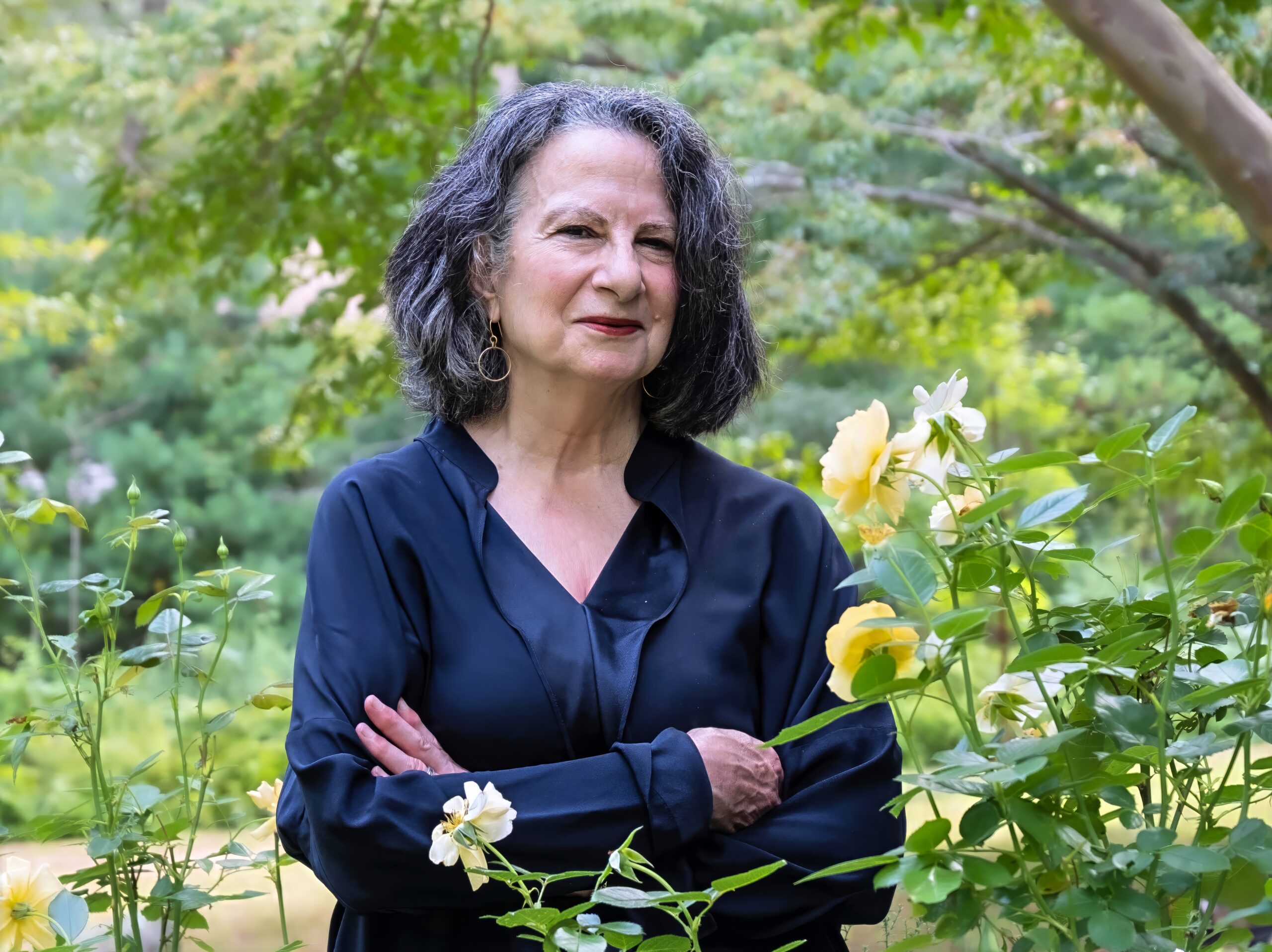
w/ Lynette D'Amico and P. Carl
I feel at ease in male friendships and at ease in what some might consider male spaces. I hate men. I love men.
Lynette D’Amico and P. Carl
I feel at ease in male friendships and at ease in what some might consider male spaces. I hate men. I love men.
-
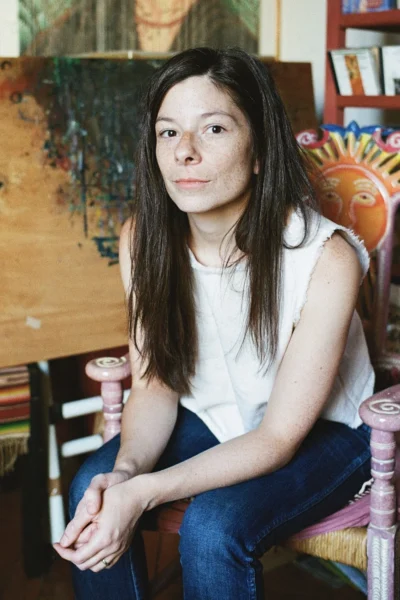
w/ Sam Axelrod
To me, the most sensational thing in life, the real trippy thing, is to realize that everyone you know, everyone you hang out with, everyone you’ve ever met: they’re all thinking at all times. To really know that, to really understand that is sensational.
Camille Bordas
To me, the most sensational thing in life, the real trippy thing, is to realize that everyone you know, everyone you hang out with, everyone you’ve ever met: they’re all thinking at all times. To really know that, to really understand that is sensational.
-

by Mia Foster
As our attention spans dwindle and our phones loom over our everyday experiences, we are increasingly demanding that novels capture our attention in the same way.
Printing Out the Internet: On Madeline Cash’s “Lost Lambs”
As our attention spans dwindle and our phones loom over our everyday experiences, we are increasingly demanding that novels capture our attention in the same way.
-

by Noah Berlatsky
Who keeps us safe all those nights? We do, by the stories we tell and the stories we cut apart, with chainsaws and with hearts.
Hearts, Chainsaws, and Poetry: On Elizabeth R. McClellan’s “Is My Chainsaw a Heart: 13 Centos”
Who keeps us safe all those nights? We do, by the stories we tell and the stories we cut apart, with chainsaws and with hearts.
-
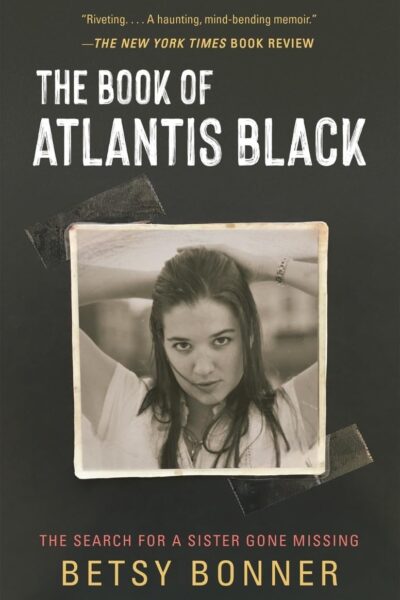
by Amber Wheeler Bacon
In both memoirs, evidence serves less to solve a crime than to reconstruct a self—both the dead family member and the writer grappling with their loss.
Resurrecting the Dead in Confessional True Crime Memoirs
In both memoirs, evidence serves less to solve a crime than to reconstruct a self—both the dead family member and the writer grappling with their loss.
-
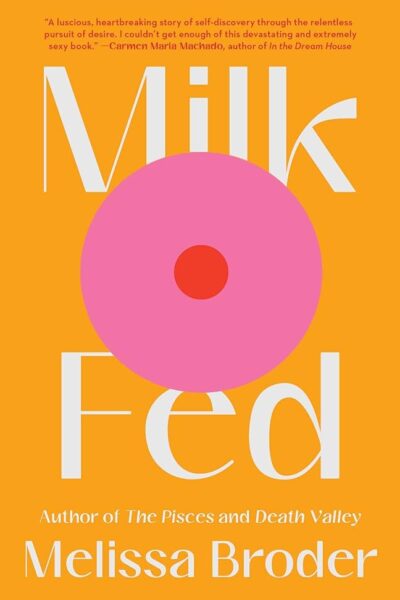
by Erin Evans
For a while . . . I thought that no one should write about eating disorders at all because there was no way to do so without somehow glamorizing them.
Boring Starvation: On Finding the Eating Disorder Book I Needed
For a while . . . I thought that no one should write about eating disorders at all because there was no way to do so without somehow glamorizing them.
-

by Michael Schapira
The following playlist is humbly submitted for your listening pleasure from Full Stop, your full service literary journal. In
20 4 420: Irie Edition
The following playlist is humbly submitted for your listening pleasure from Full Stop, your full service literary journal. In
-

by The Editors
This special issue of the FULL STOP QUARTERLY will aim to hold folklore as a prism through which to view connection, the self, and the future. . . . It will explore folklore in and as literature, as process, and as performance.
Call for Pitches
This special issue of the FULL STOP QUARTERLY will aim to hold folklore as a prism through which to view connection, the self, and the future. . . . It will explore folklore in and as literature, as process, and as performance.
-

by The Editors
In times like ours, times of fracture, depravity and upheaval—times which are really not that different than any other time on earth, except for the speed and scale at which violence is exercised—what is the value of art?
Call for Pitches
In times like ours, times of fracture, depravity and upheaval—times which are really not that different than any other time on earth, except for the speed and scale at which violence is exercised—what is the value of art?
-

by Michelle Chan Schmidt
Read the introduction to our latest issue of the Full Stop Quarterly, “Literary Dis(-)appearances in (Post)colonial Cities.”
Dis(-)appearing Cities or: How I Learned to Stop Walking and Love the Empire
Read the introduction to our latest issue of the Full Stop Quarterly, “Literary Dis(-)appearances in (Post)colonial Cities.”

